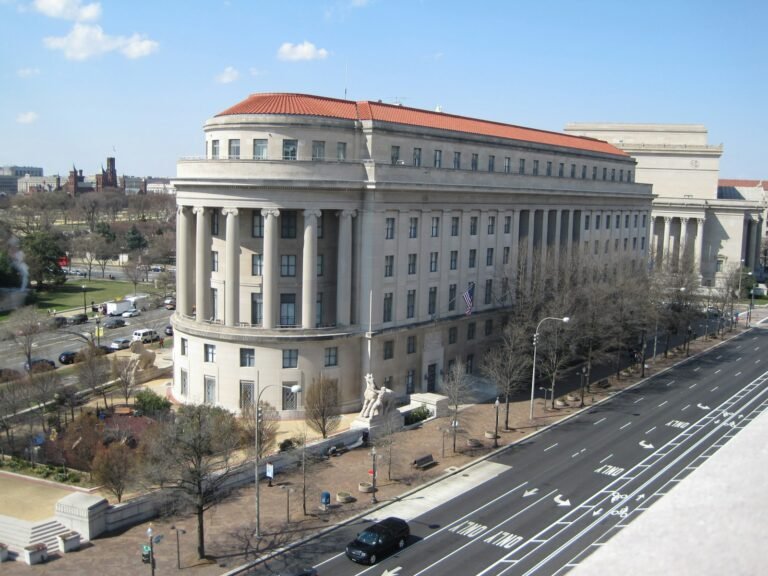
MIAMI, FL – A high-ranking official from a seafood wholesale company in Miami has confessed to being involved in a price-fixing scheme that federal prosecutors claim unfairly lowered the prices received by Florida fishermen and negatively impacted competition throughout the seafood supply chain.
Dennis Dopico, who serves as the vice president of a seafood processing facility in Miami, acknowledged in federal court that he conspired with other companies from 2023 to 2025 to manipulate the prices paid to fishermen for stone crab claws and spiny lobster—an infringement of the Sherman Antitrust Act.
As per the court documents submitted in the U.S. District Court for the Southern District of Florida, Dopico worked with competing seafood firms via phone calls and text messages to establish and uphold artificially low prices for seafood purchases, denying local fishermen a fair market price for their catch.
“This was a deliberate scheme to rob hardworking fishermen of their right to earn a competitive wage,” said Acting Deputy Assistant Attorney General Omeed Assefi of the Justice Department’s Antitrust Division. “Price-fixing hurts workers, distorts markets, and undermines trust in our economy. We will not tolerate it.”
“Working Together Now, Not Against Each Other”
Prosecutors presented evidence that included text message conversations where Dopico and a co-conspirator talked about aligning prices during crucial harvest times. In one message dated September 28, 2023, after discussing lobster prices, Dopico warned his partner, “Don’t show text to anyone. Confidential.” The partner responded, “I give you my word. We’re working together now not against each other.”
Weeks later, on Oct. 13, 2023, the same associate texted updated stone crab prices, prompting Dopico to respond, “Let me know what you do. I am matching your prices. It’s the one we like the most.”
In his plea agreement, Dopico acknowledged that his role in the conspiracy affected approximately $8 million in commerce.
Industry-Wide Impact & Legal Consequences
“Price fixing cheats fishermen, squeezes restaurants, and makes families pay more at the table,” said U.S. Attorney Jason A. Reding Quiñones for the Southern District of Florida. “We will protect honest competition from the boat to the dinner table.”
Officials have also cautioned that such schemes present long-term dangers to both environmental and economic sustainability. “These actions undermine fair competition and jeopardize the future of our fisheries,” stated Assistant Director Doug Ault from the U.S. Fish and Wildlife Service’s Office of Law Enforcement.
Dopico admitted guilt to a single felony charge of restraining trade through price-fixing, breaching Section 1 of the Sherman Act. This crime carries a potential maximum sentence of 10 years in prison and a $1 million fine for individuals. For corporations, the highest fine can soar to $100 million, or double the financial benefit or victim loss, whichever amount is greater.
Dopico is set to be sentenced on January 5, 2026, in front of a federal judge, who will decide the final sentence in accordance with the U.S. Sentencing Guidelines and other legal factors.


